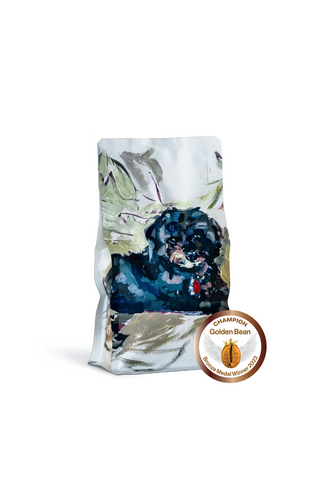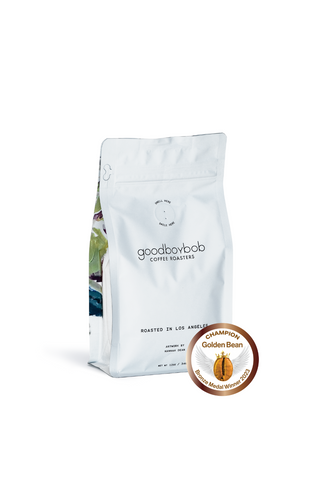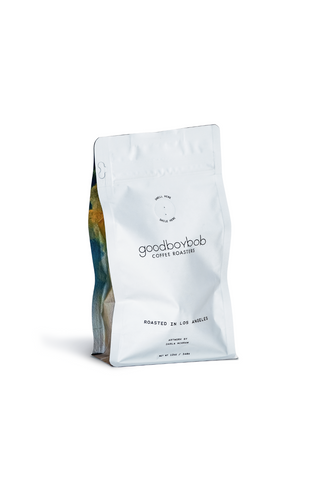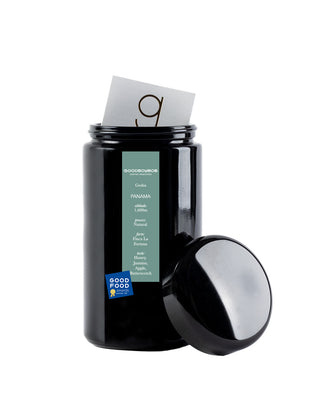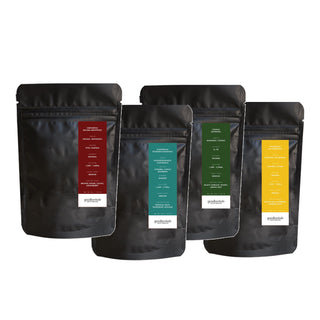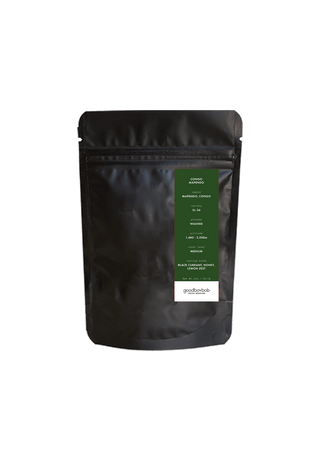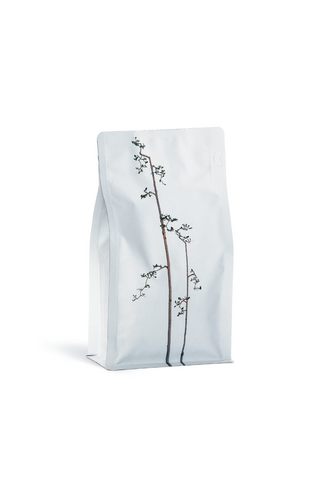
Rwanda's Unique History With Specialty Coffee
Nestled amidst the breathtaking landscapes where the Great Lakes and East Africa converge lies Rwanda, a small but remarkable country with a story as rich as its coffee. Despite its size, Rwanda's contribution to the coffee industry is significant, producing around 20,000 metric tons of coffee annually. This small nation, roughly able to fit into the United States 300 times over, has made a big impact on the world of specialty coffee.
Table of Contents
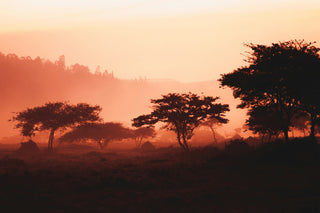
Tragedy
Rwanda's coffee story is intertwined with the tragic genocide of 1994, serving as a symbol of resilience, recovery, and hope amidst unimaginable tragedy. The genocide resulted in the loss of over a million lives and left the country shattered both socially and economically. However, amidst the devastation, the coffee industry played a crucial role in Rwanda's journey towards healing and rebuilding.
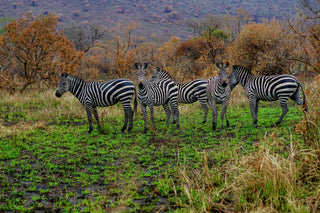
An Accidental Advantage
In the aftermath of the genocide, numerous coffee farms lay dormant. While neighboring countries tore out coffee trees to plant lower-quality, but higher yielding varieties, Rwanda allowed nature to take its course during this period of unintentional dormancy. During this dormant period, the prized Bourbon variety of coffee tree regenerated and thrived without human intervention. As farmers began returning to their land in the early 2000s, they found that the coffee trees had flourished amidst the chaos, giving Rwandese farmers an accidental advantage; with these Bourbon trees, they became producers of specialty coffee.
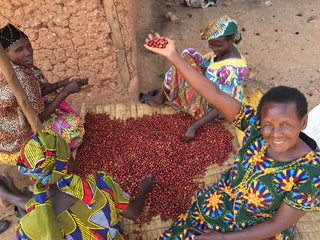
Cooperatives in Rwanda
Rwanda is densely populated and has around 500,000 coffee farmers cultivating coffee on roughly an acre of land each. To overcome spatial challenges, farmers often unite to form cooperatives. These cooperatives then bring their coffee cherries to washing stations across the countryside for processing before export. This collaborative effort not only enhances efficiency but also improves the market position of Rwandan coffee growers.
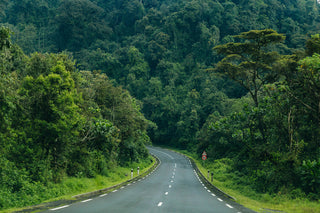
Rwanda's Unique Geography
The country's geography plays a crucial role in shaping the flavor profile of its coffee. Rwanda’s altitude ranges from over 1500 meters above sea level to as high as 2500 meters above sea level in some areas, making it perfect for cultivating the Bourbon coffee variety. The beans are high-grown, also known as hard-grown, which means they can only grow at high altitudes and take a while to mature. The slow maturation process allows the complex sugars in the cherries to slowly grow over time, resulting in sweet and intense flavors.
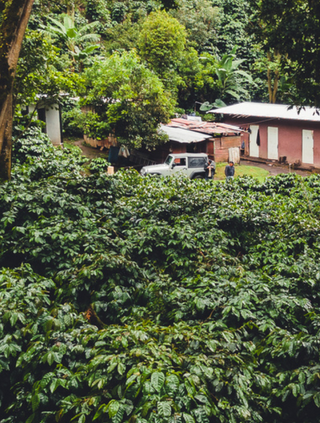
Access to Water
Situated in the heart of the Great Lakes region, Rwanda benefits from an abundance of water, used extensively in the washing process. This step contributes to the clean and crisp taste characteristic of Rwandan coffee.
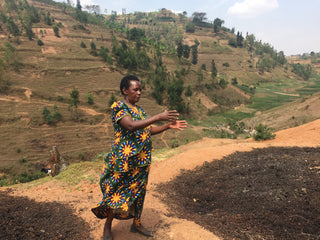
Volcanic Soil
The volcanic soils surrounding the Great Lakes are nutrient-rich, providing essential minerals and nutrients for coffee plants to thrive. These fertile soils contribute to the robust growth and development of coffee trees, enhancing the flavor and quality of the beans.
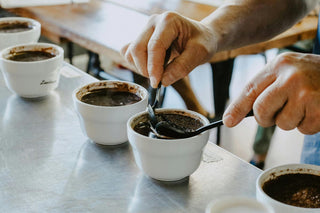
Characteristics of Coffee From Rwanda
The diverse climates, soils, processing methods, milling stations, and harvest times in coffee-producing regions and specific farms contribute to the wide range of flavors found in Rwandan coffee. But, since most of the beans are coming from the Bourbon tree as opposed to the rare varietal called Typica, the coffee will consistently boast similar flavor profiles. Rwandan coffee is characterized by high acidity complemented with floral notes, with nuances of citrus, red berries, currants, chocolates, and white chocolate. Its mouthfeel is full-bodied, silky, and buttery on the palate. A particularly memorable tasting note is the signature caramel aftertaste inherent in specialty coffee from Rwanda.
Conclusion
In a country where tea traditionally takes precedence over coffee, the emergence of Rwanda as a specialty coffee powerhouse is nothing short of remarkable. From the ashes of adversity rose a thriving industry, built on the principles of quality, sustainability, and community. As consumers around the world savor each sip of Rwandan coffee, they not only indulge in its exquisite flavors but also partake in a story of resilience, transformation, and triumph.





